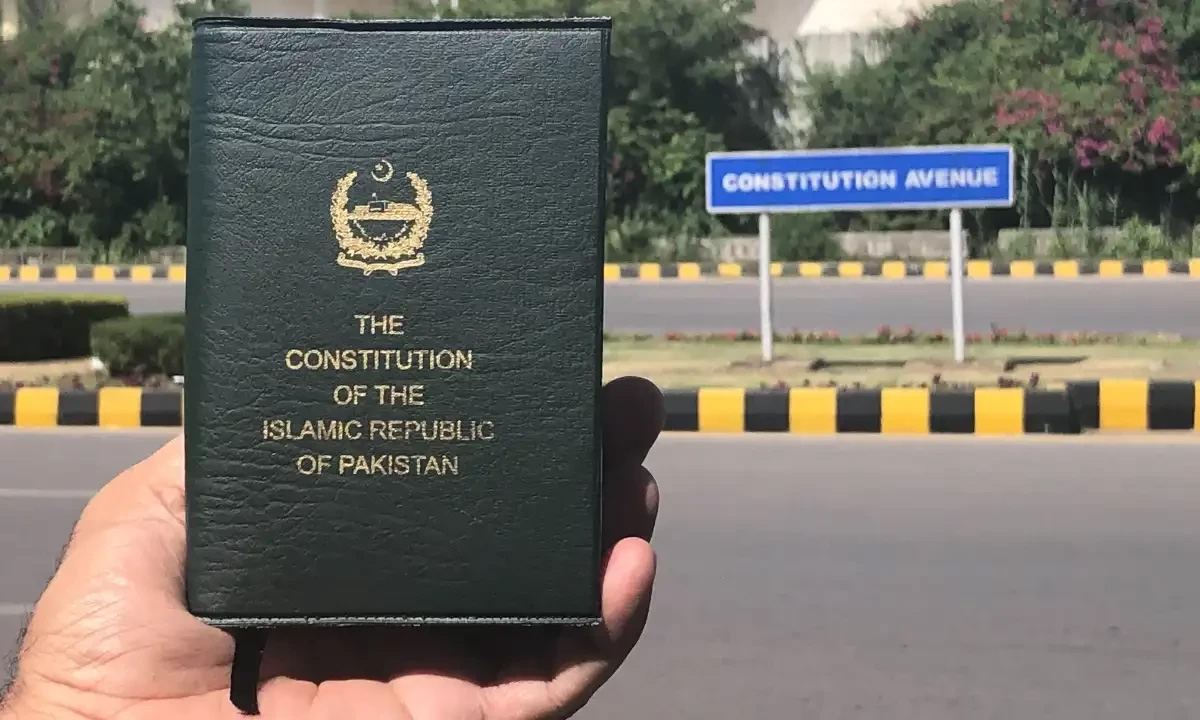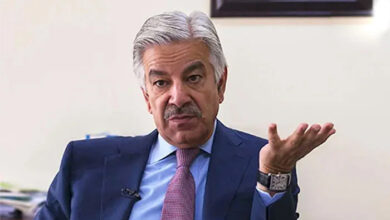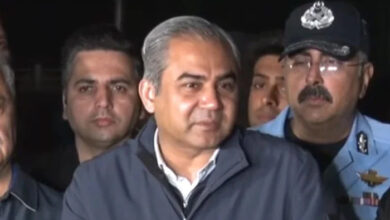PTI Faces Restriction: Understanding Articles 6 and 17 of the Constitution

Islamabad: The country is currently witnessing discussions over the application of Articles 17 and 6 of the Constitution against Pakistan Tehreek-e-Insaf (PTI). Article 17 pertains to actions endangering national security, while Article 6 deals with treasonous offenses.
Under Article 6, any individual who attempts to abrogate the Constitution, engages in sabotage, or assists in such activities can be charged with treason. Similarly, Article 17 prohibits activities that threaten national integrity, with severe penalties including death or imprisonment for life for those convicted.
Article 6, Part II stipulates that anyone found guilty of treason under severe circumstances cannot seek relief from any court, including the Supreme Court. Part III limits the complainant in a treason case to the federal government, with the punishment for the convicted ranging from death to life imprisonment.
Moreover, Article 17 provides the federal cabinet the authority to impose restrictions on political parties or declare them as a threat to national security or public order. Following a government declaration, the Supreme Court must adjudicate on the matter within fifteen days, with its decision being final.
Should the Supreme Court uphold the federal government’s reference, a political party declared outlawed will see immediate suspension of its members in the Senate, National Assembly, provincial assemblies, and local governments.
This constitutional debate underscores the critical implications of Articles 6 and 17 in safeguarding national security and political stability, shaping the current legal and political landscape in Pakistan.






